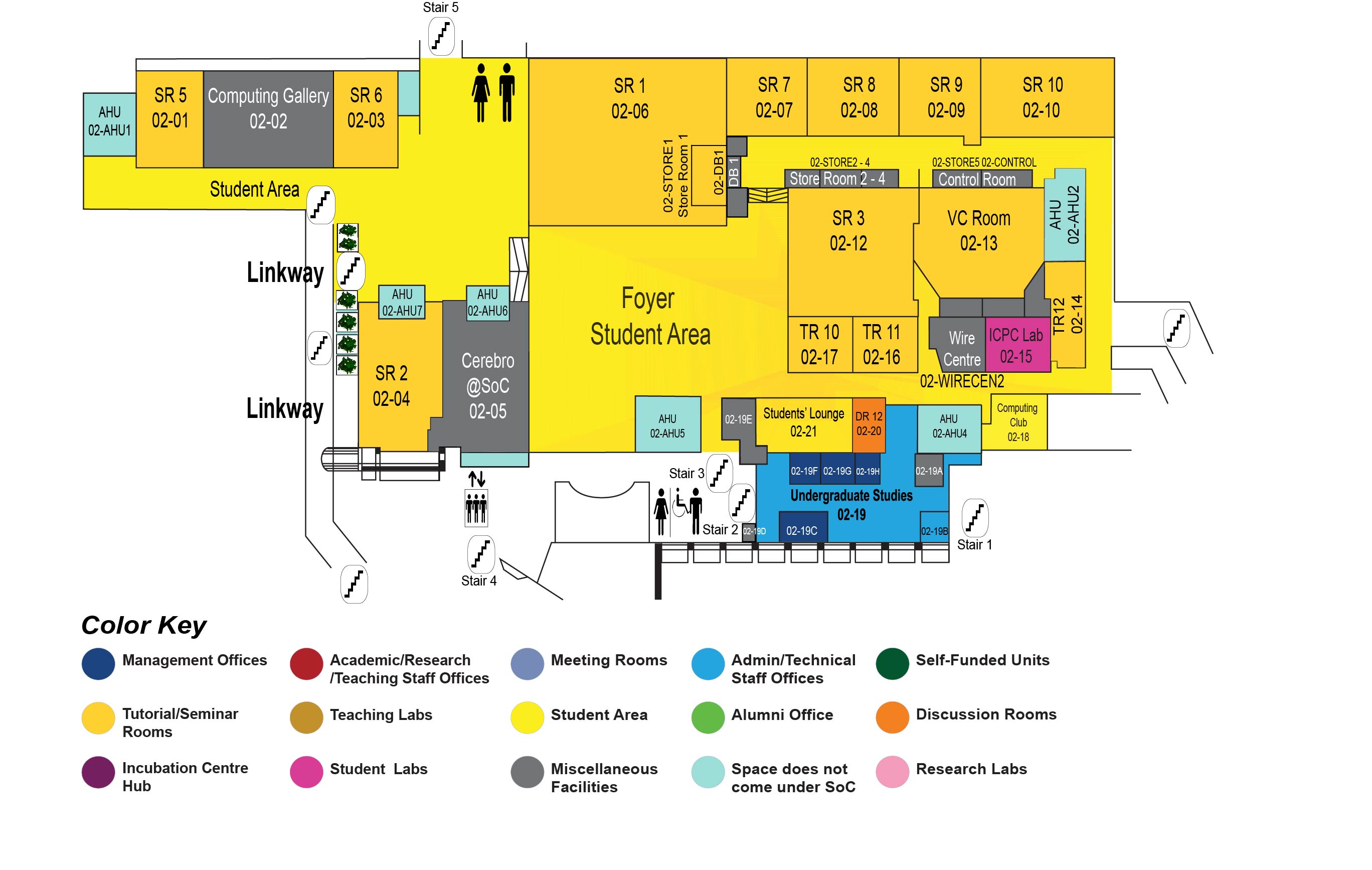Detection and Alleviation of Last Mile Wireless Link Bottlenecks
COM1 Level 2
Video Conference Room, COM1-02-13

Abstract:
Increasingly, a significant portion of users connect to the Internet via wireless connections, i.e., cellular or Wi-Fi. This phenomenon can be attributed to the proliferation of hand-held devices. With the advent of these devices, network service providers have to increase the performance of the last-mile connection so that users have uninterrupted, high-bandwidth access to the Internet. Though wireless network technologies have evolved rapidly over a time frame of a few years, whenever there is a performance issue in an end-to-end network path (e.g., a poor quality Skype call), users typically blame it on the last-mile network connection. However, the performance issue can also arise due to a bottlenecked link in the Internet path, while the last-mile connection is flawless. Therefore, it is of great importance to identify where network bottlenecks lie in order to take appropriate remedial actions.
In this thesis, we first show the impact of the last-mile connection on the user-perceived quality of end-to-end network connections. Specifically, we consider two last-mile technologies: cellular (3G and LTE) and Wi-Fi, and quantify their effect on real-time data streams such as VoIP calls. As poor Quality of Service (QoS) cannot always be attributed to the last-mile link, we propose measurement techniques that help end-users diagnose network performance issues by allowing them to attribute the issues they face to the last-mile wireless link or the Internet path. First, we present QProbe, a lightweight tool that provides diagnostic information about a user's cellular link. QProbe identifies whether an end-to-end network path is bottlenecked by the cellular link or the Internet path with >85% accuracy. Next, we present a suite of techniques named Kwikr that Wi-Fi connected clients can use to detect various forms of pathology conditions that might be present in their Wi-Fi connections. These techniques use a mix of active measurements and passively observable signals like RSSI for the detection of wireless congestion, mobility, handoffs and weak links with >90% accuracy.
Real-time streaming is an important class of applications that is used by millions of people all over the world. It places stringent demands on the network that are sometimes not met by wireless last-mile links. In the latter part of this thesis, we present two systems that make real-time streaming reliable and robust on Wi-Fi last-mile links by alleviating bottleneck conditions that occur on them. First, we show how we can alleviate Wi-Fi bottlenecks on real-time streaming applications by presenting a user-level module that real-time streaming applications can use to take better bandwidth adaptation decisions. This module draws on the information provided by Kwikr about the condition of the Wi-Fi link that is then leveraged to perform improved bandwidth adaptation. We show that doing so allows real-time flows to increase the quality of the streams at no extra cost during congestion, adapt proactively to changing Wi-Fi link conditions caused by mobility and weak links, and ramp-up the data rate faster when a handoff occurs. Next, we present another Wi-Fi bottleneck alleviation technique that introduces a novel Wi-Fi connection establishment technique that significantly improves the quality of real-time data streams. Our solution, named DiversiFi, introduces the conceptually simple technique of hedging. Hedging allows devices to maintain two concurrent Wi-Fi connections to reap the benefit of both links, which might be of poor quality individually. We present different deployment models for DiversiFi, and our implementations of these, including one based on software-defined networking that enables DiversiFi to be realized in enterprise networks with unmodified access points. Our experimental evaluation shows that DiversiFi helps cut down poor quality real-time data streams by 2.24x.

